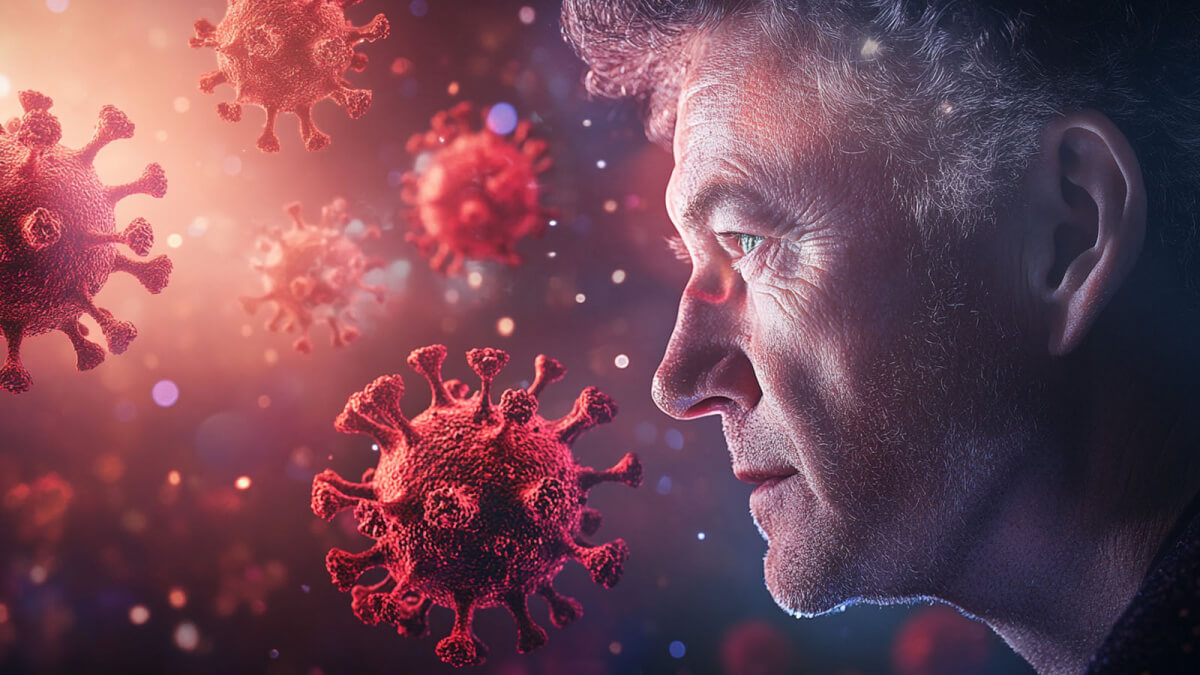In a recent interview with conservative radio host Glenn Beck, Senator Rand Paul has reignited the debate over the origins of COVID-19 with a stern message for Dr. Anthony Fauci, the former director of the National Institute of Allergy and Infectious Diseases (NIAID). Paul asserted that as new evidence comes to light regarding U.S. funding related to the Wuhan lab believed to be at the crux of the virus's origin, those responsible, including Fauci, will face serious repercussions.
Paul's investigation, which has gained new momentum thanks to undisclosed records, aims to pinpoint who authorized the contentious funding to the Wuhan Institute of Virology. The senator has been an outspoken critic of Fauci, frequently clashing with him during congressional hearings, and has now promised to call Fauci back for further questioning.
During his conversation with Beck, Paul detailed his plan to interview members of the committee involved in the funding approval process. He expressed a determination to uncover the justifications for and against the decision to send funds to the Wuhan lab, and particularly whether these funds supported gain-of-function research—a controversial practice that can enhance the pathogenicity or transmissibility of viruses.
The lab origin theory of COVID-19, which posits that the virus may have accidentally leaked from the Wuhan lab, has been a focal point of tension between Paul and Fauci. In a heated 2021 Senate hearing, Fauci vehemently denied approving grants for gain-of-function research, leading to a sharp exchange with Paul. Despite Fauci's denial, Paul remains adamant about revealing the truth and ensuring accountability for the use of taxpayer dollars in potentially hazardous research.
Paul's efforts to scrutinize the funding trail have been bolstered by the assistance of figures like Robert Kennedy Jr. and Dr. Jay Bhattacharya, who helped secure critical documents that had previously been withheld. This development suggests that the investigation is reaching a pivotal stage, with Paul warning of "hell to pay" if wrongdoing is uncovered.
Fauci, who had led NIAID since 1984 and played a central role in the U.S. responses to the AIDS crisis and the COVID-19 pandemic, has been a key figure in public health policy for decades. The outcome of Paul's probe, therefore, has the potential to reshape the legacy of one of the nation's top health officials and could have significant political and legal implications.
As the inquiry progresses, the nation watches closely, understanding that the ramifications of these findings could extend far beyond the individuals involved, touching on broader issues of public health policy and research ethics. The contentious relationship between Paul and Fauci serves as a backdrop to a saga that continues to unfold, leaving the public eager for clear answers and accountability.





